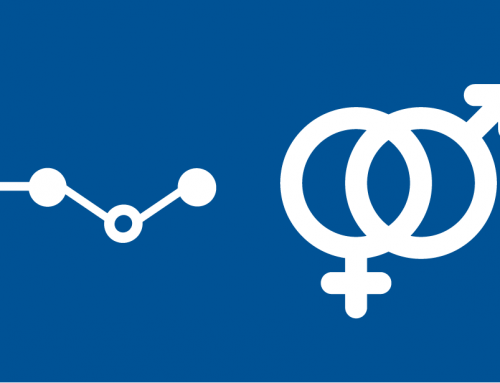Despite increasing efforts in science communication and outreach, worrying numbers of citizens start rejecting widely accepted scientific conclusions. Why?
We hypothesise that overconfidence plays a fundamental role in the current anti-science movements and propose new metrics and specific case-studies to test it.
Confidence, a subjective feeling that refers to the trust in the validity of our knowledge, has been well studied as part of the phenomenon of overconfidence. Humans have been shown to be generally overconfident: showing great discrepancy between their true knowledge and confidence level. Dunning and Kruger have described such an effect, where confidence grows faster than knowledge, meaning that people overestimate their knowledge, display overconfidence and underestimate experts.
This project is funded by an ERC Starting Grant.
Collaborators
- André Mata, CICPSI, University of Lisbon, Portugal
Funding
European Research Council:
- Fake News and Real People (FARE) – Using big data to understand human behaviour, Grant Agreement 853566




